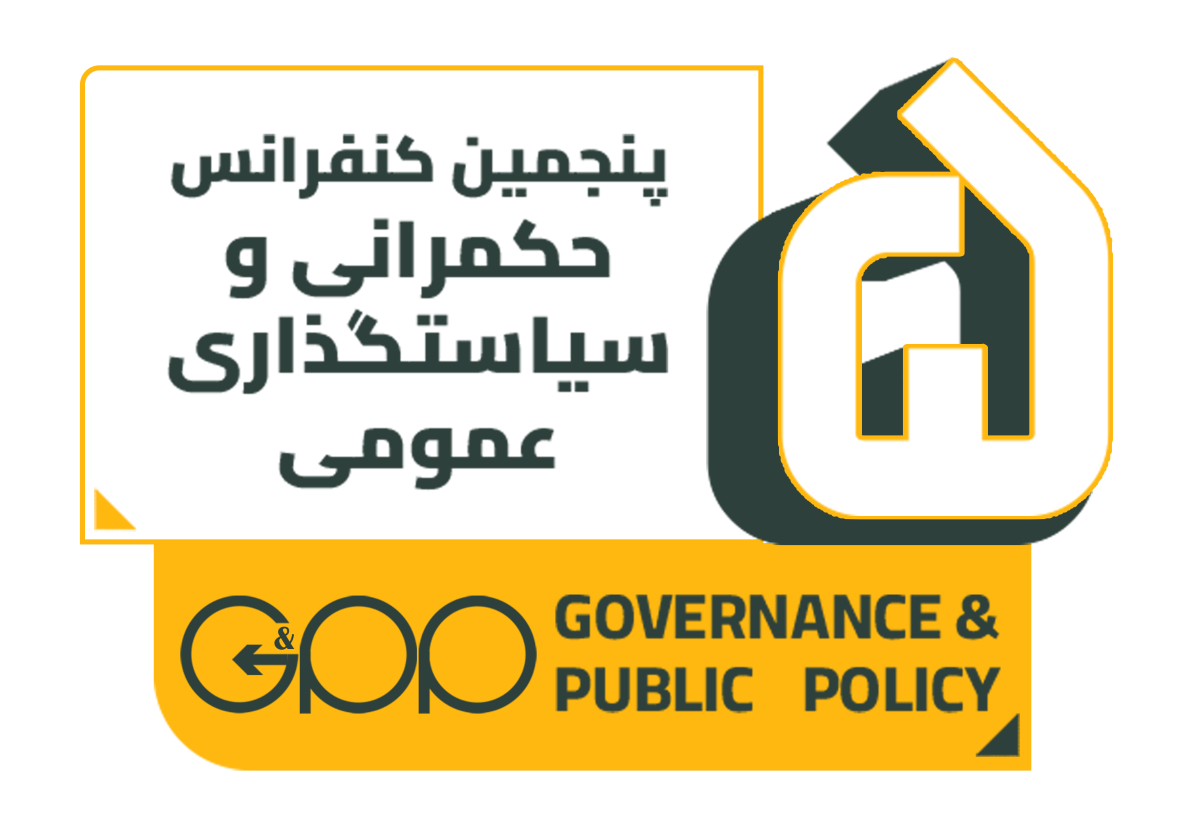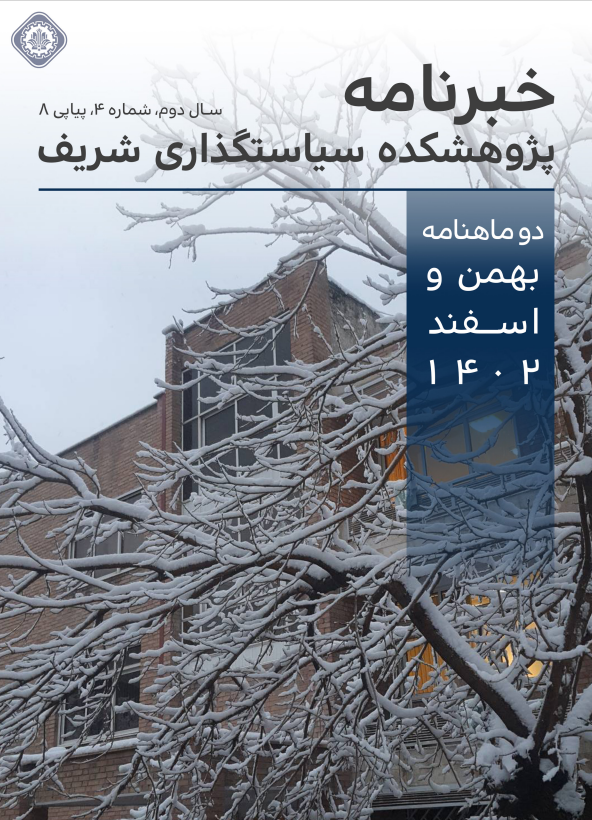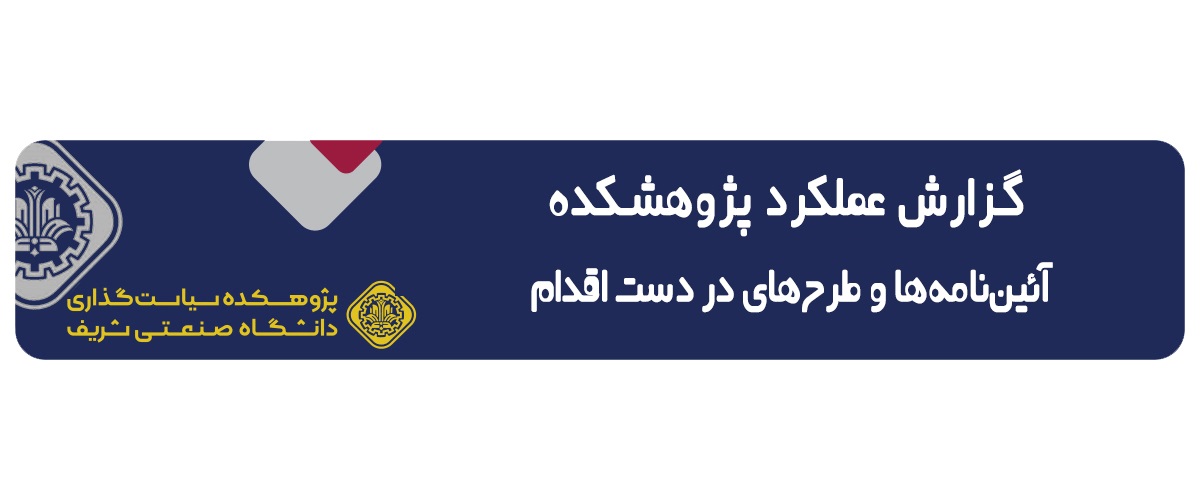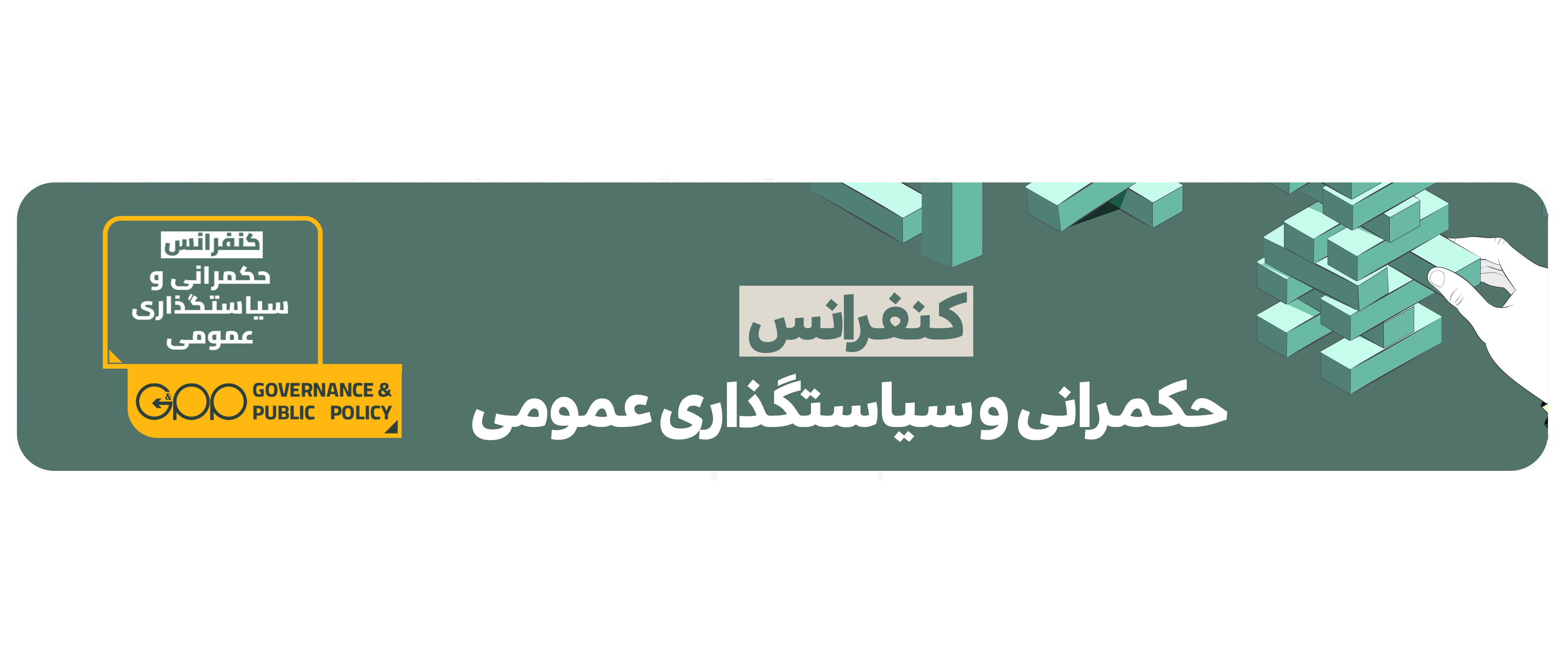چکیده
The COVID-19 pandemic cast doubts on governments' traditional crisis responses and sparked a surge in citizen-led, participatory, bottom-up responses. Iran's experience is worth investigating because it relied significantly on citizen groups to manage the crisis despite long-term sanctions and extremely restricted resources.
The authors undertook an exploratory case study using the grounded theory (GT) method and an online survey to explore Iran's confrontation. The central notion discovered was referred to as 'faith-driven civic engagement.’ The response was characterized by adaptability, promptness, and comprehensiveness. The causes and strategic orientations included intrinsic motives, capability building, and leadership.
keywords:
keywords:
Bottom-up response to crisis, Crisis Management, Civic engagement, Citizen-driven governance, Faith-driven engagement, Disaster management.



 علی مروی
علی مروی علی ملکی
علی ملکی نجم الدین یزدی
نجم الدین یزدی




